Just around 8 a.m. every morning, the phrase “All rise and join us in The Pledge of Allegiance” echoes loudly through the hallways of Midlothian High School. In any normal school year, when classrooms are packed full of students, the majority of students would stand and recite the thirty-three-word pledge. However, times have changed, and the Pledge goes almost unnoticed and unvoiced every morning. Could this be because of the new COVID environment, and the smaller number of in-person students, or is it more controversial than we think?
Written in 1892, the Pledge was created and used in honor of the 400 year anniversary of Christopher Columbus’ arrival. It recognized the freedoms given to Americans, and it paid homage to the lives lost to earn our freedom. It became widely adopted in most public schools and recitation is a daily procedure. The original twenty-two word United States Pledge, written by Francis Bellamy read:
I pledge allegiance to my Flag and the Republic for which it stands, one nation, indivisible, with liberty and justice for all.
Over time, the United States began to modernize, and the original Pledge was seen as outdated. After numerous alterations, the modern Pledge that is now said throughout schools was published in 1954. During the time of the Cold War, President Eisenhower added the phrase “Under God” to the Pledge because of growing fears of communism. Now, the modern school pledge reads:
I pledge allegiance to the Flag of the United States of America and to the Republic for which it stands, one Nation under God, indivisible, with liberty and justice for all.
Now in a world full of constant change, some students sit through the morning Pledge, and the classrooms are often quiet. So why is no one saying the Pledge anymore? In a random, around-the-school poll, the majority of students said that it had to do with peer pressure. Many students felt pressured to not say the Pledge just because no one else in their class was. Many students also said that it was too early in the morning, and felt too sleep-deprived to actually get up and say it.
Sophomore Hank Pate: I’m tired, it’s early in the morning, and I’m lazy, and then again no one else says it.
Junior Nick Huang: It’s just a daily routine, but no one else says it.
Junior Matthew Son: It’s not that I don’t want to say it, but no one else does, so it feels weird.
Sophomore Collin Conway: I used to do it but no one else stood up so I stopped.
However, some students found the meaning of the Pledge much more controversial. Some students find the verse “Under God” to be conflicting with their religions and beliefs. Several students shared that not everyone believes in God, and the pledge may be offensive to some. Other shares similarly that the words “Liberty and justice for all” feel outdated, or even exclusive.
Junior Amera Smith: I don’t say it because I don’t believe with what it says because at the end it says “With liberty and justice for all” but “all” doesn’t really include all of us.
Junior Gloria Kamau: We are sort of oblivious to its meaning since we’ve been doing it since kindergarten. When you say “Under God” it forces people to say something that they don’t align with.
On the other hand, several students still continue to stand up, put their hand over their hearts, and recite the Pledge daily. Many feel that saying the Pledge is the right thing to do, and it pays respect to the lives lost in gaining this country’s freedom. Some also say that it has been a daily routine for most since kindergarten, and it has just become muscle memory at this point.
Sophomore Nina Pollard: It’s the right thing to do and that’s what I think. It means supporting the troops that died for the Country.
Freshman Faith Nims-Carrara: I want to serve in the military and it just says thank you to everyone else who has served.
Freshman Cole Feldman: I just say it because it’s on the speakers.
Sophomore Aidan Artley: I say it because of the people that sacrificed their lives for the country.
Freshman Sydney White: It means honoring the veterans.
Freshman Riley Abell: It reminds me of the people that died for us. It’s just for respect and honor.
Sophomore David Versch : Saying the Pledge shows respect to your country and all the people the built and fought for it. I think we should still say it because we’ve been saying it since kindergarten, and it’s an important part of starting the day.
Whether the Pledge is said or not, it is important to remember why it is said and the meaning behind the words.
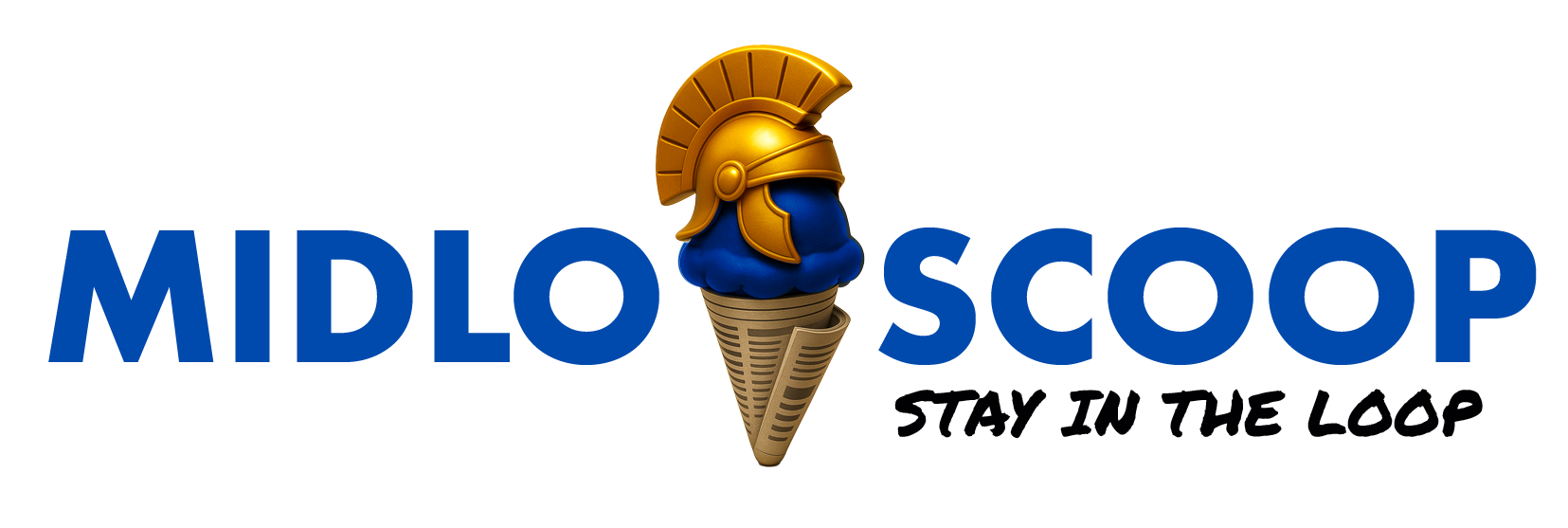

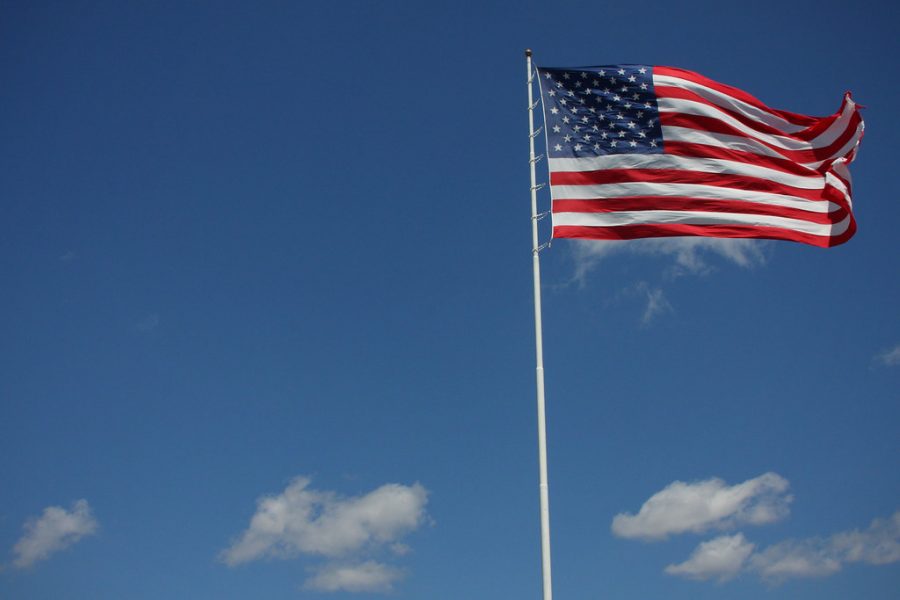
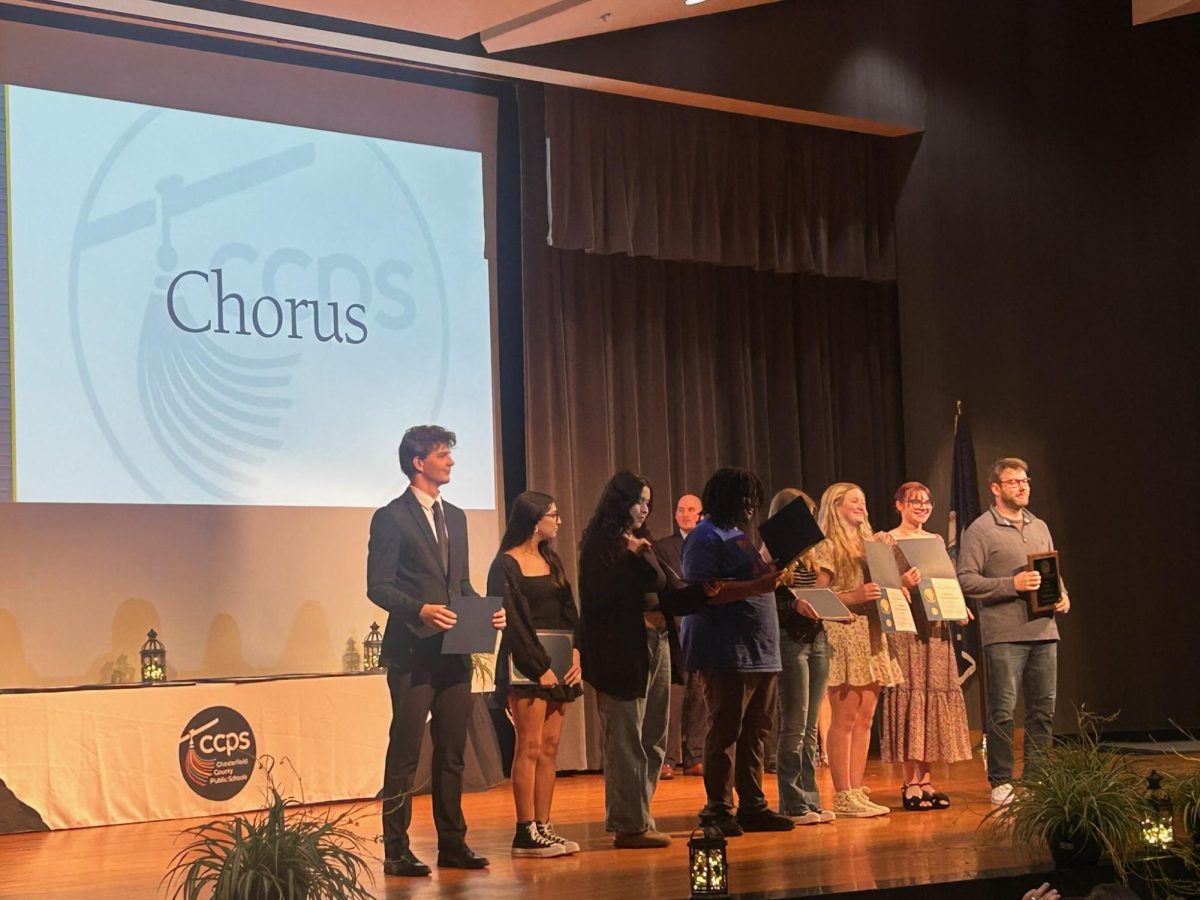
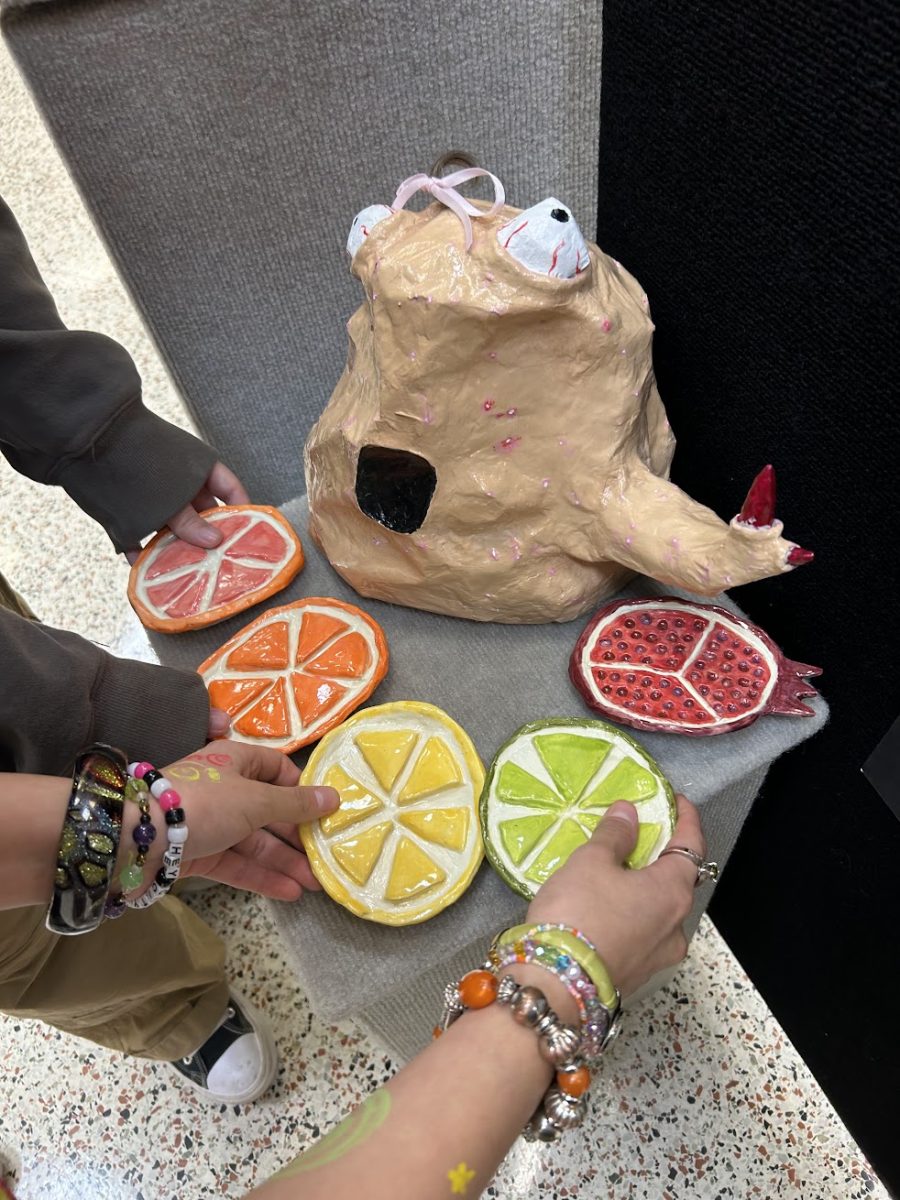
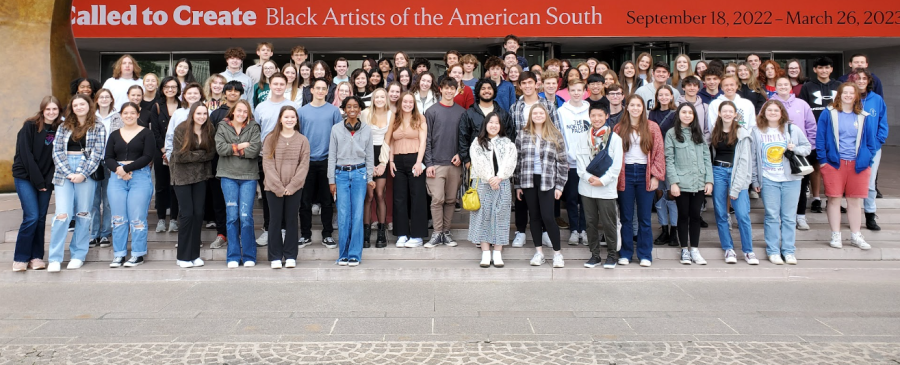
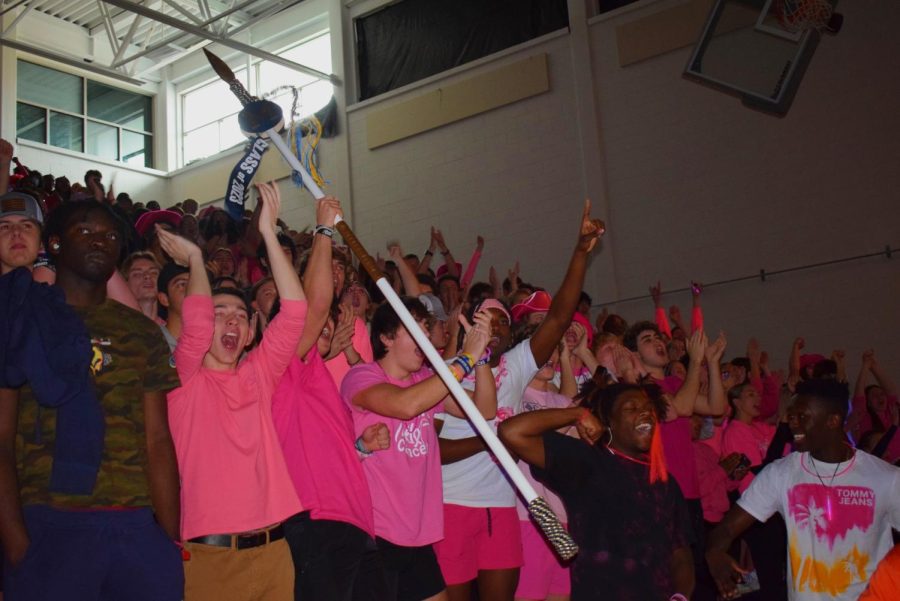
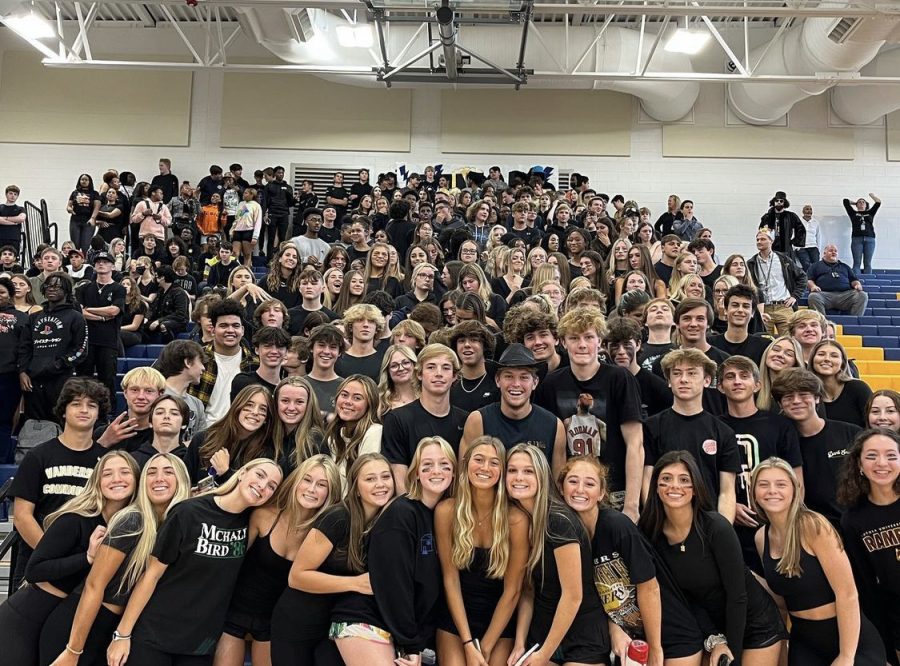
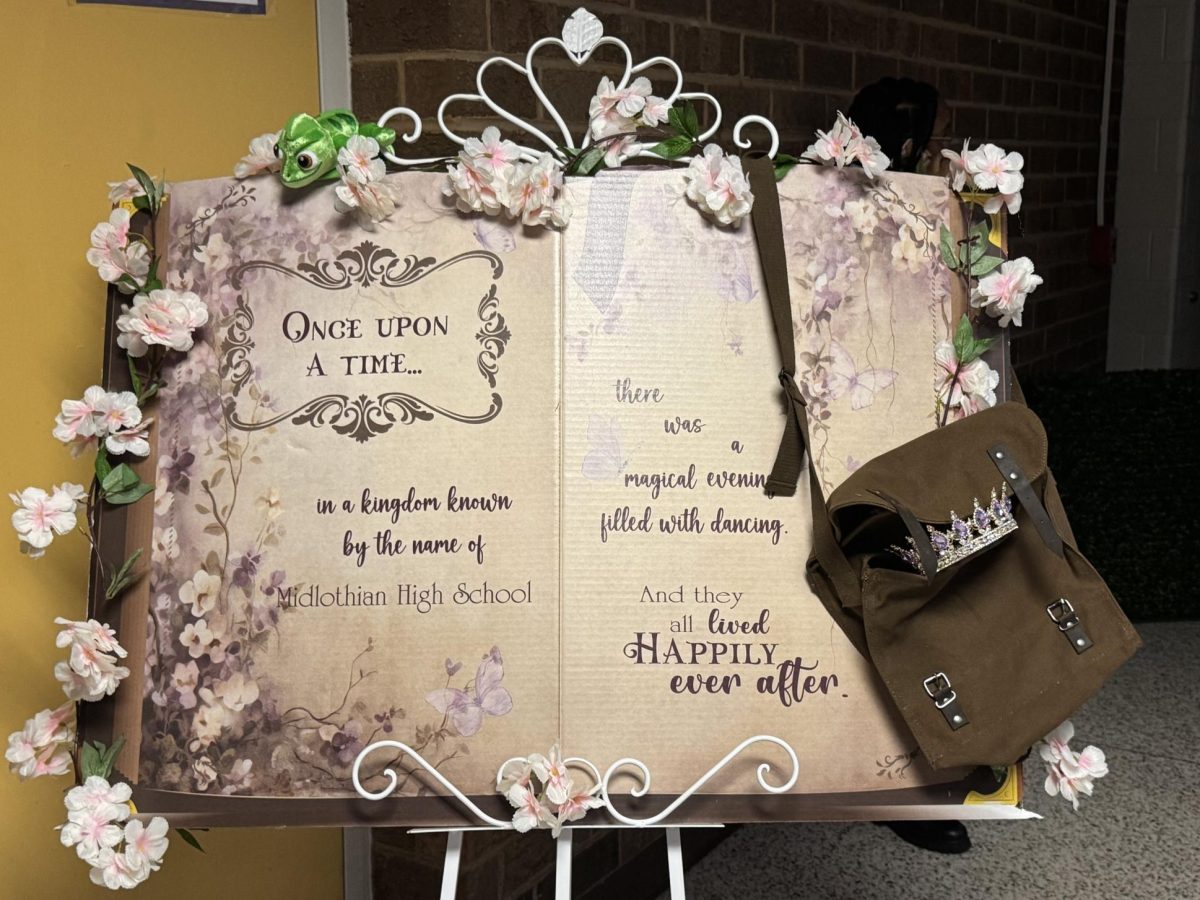
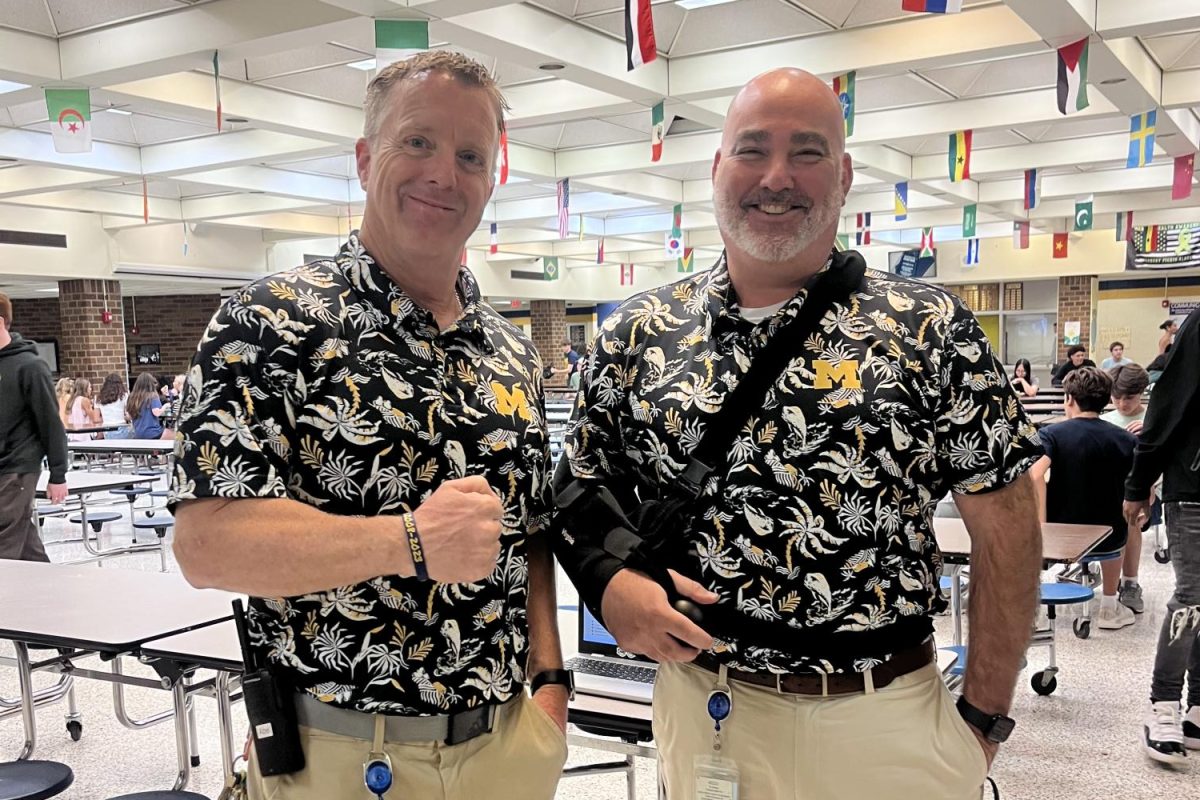
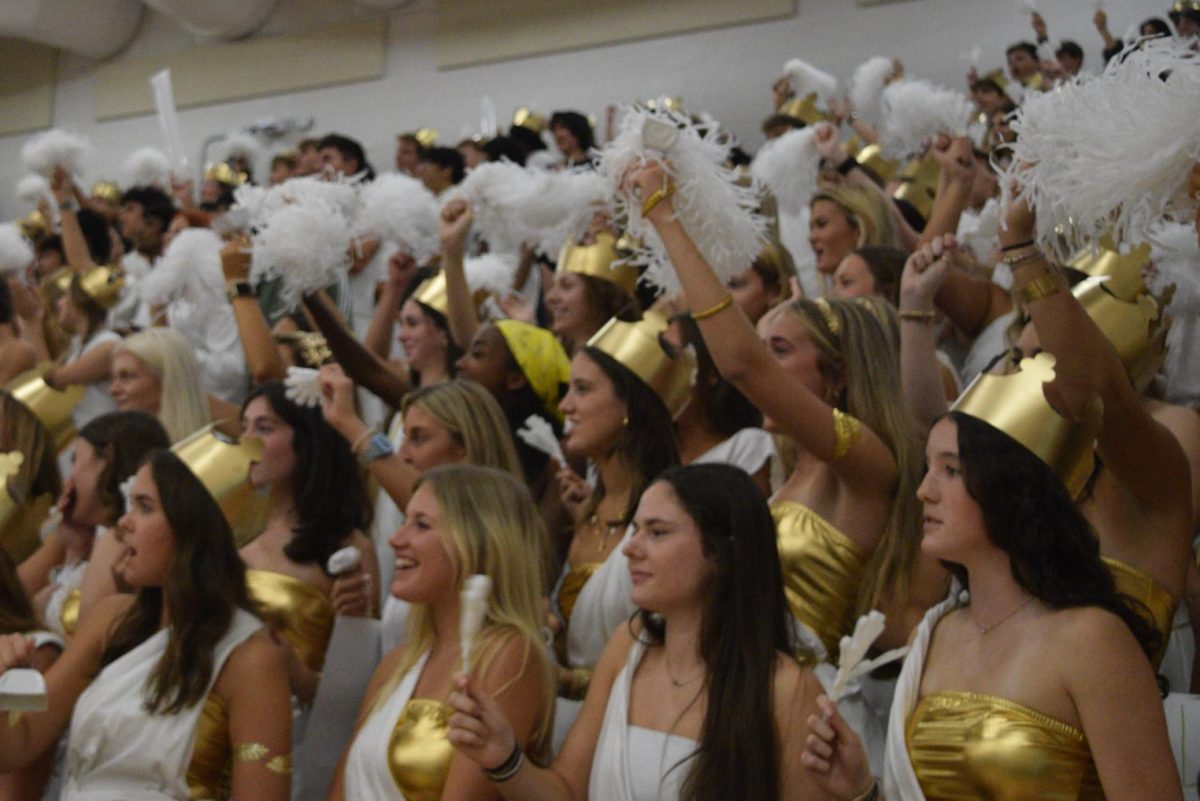
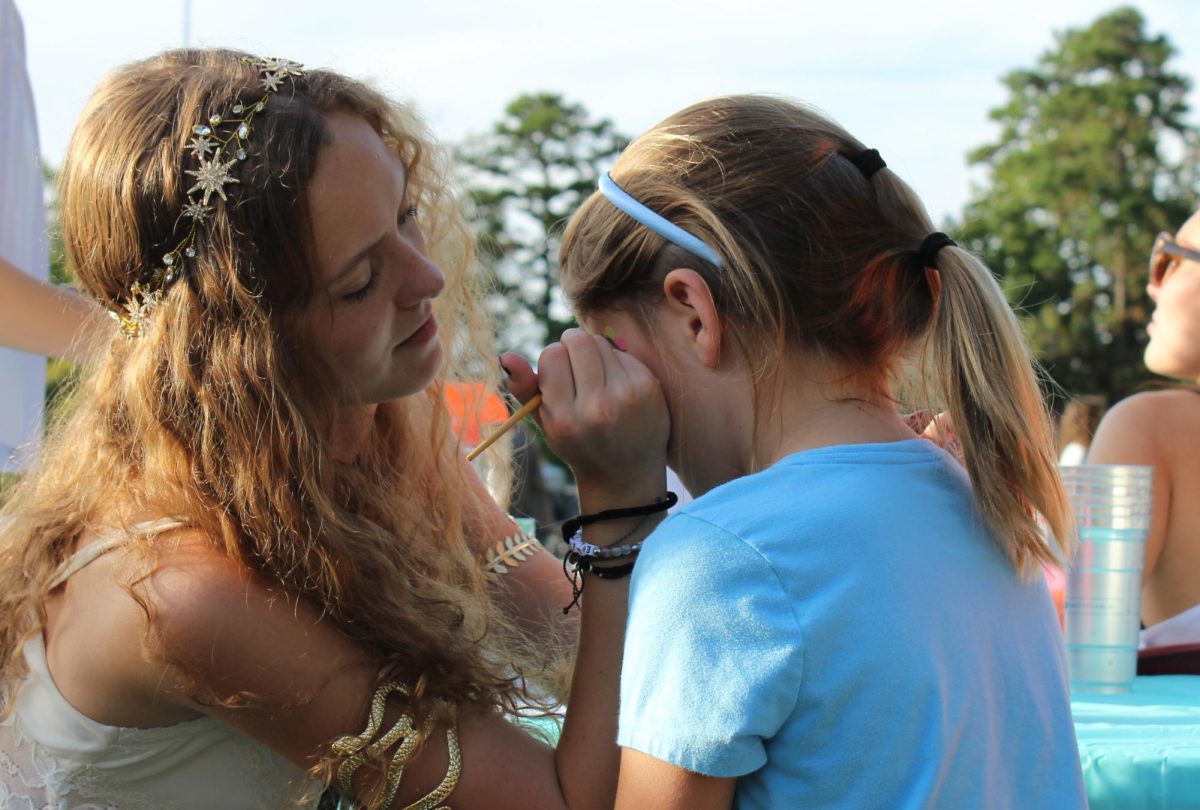
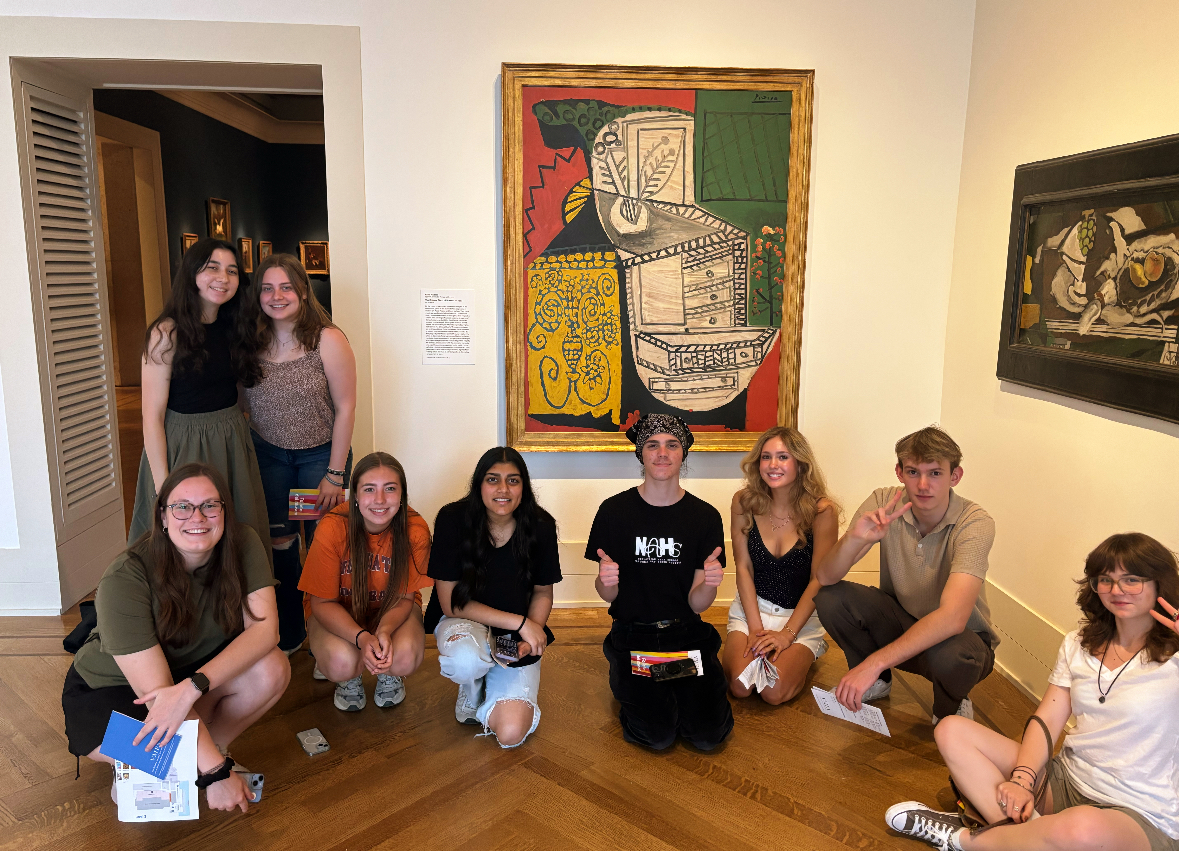

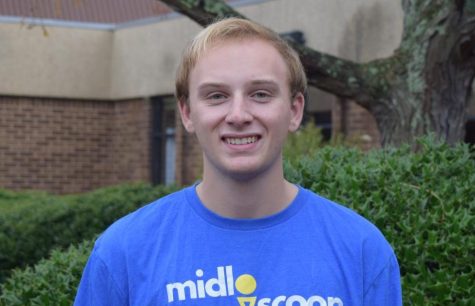
Bonnie Agee • May 29, 2021 at 9:07 am
Our pledge is representative of our Patriotism and appreciation of the lives given to insure our liberties, standing and being reverent is the very least we can do in appreciation
Aaron Liu • May 28, 2021 at 1:02 pm
I feel that, as an American, recognizing and reciting the Pledge of Allegiance every morning is one of the most important things we do. It is my opinion that more people need to appreciate the freedom and opportunity that this country has provided, along with the sacrifices made in our history to preserve those freedoms. The Pledge of Allegiance is definitely NOT going out of style, and it never should be. Regardless of who says what around me, I will always be proud to recite the Pledge of Allegiance. Thanks for writing this very relevant article.
Sophie Rose Marusco • May 20, 2021 at 11:22 am
I don’t put my hand to my heart during the pledge of Allegiance, because I don’t believe our country is protecting African Americans (and other minorities) from police abuse and unjust killings.
My hands stay by my side, and as a person of color, I just stare at the flag because it is a disappointment to me.